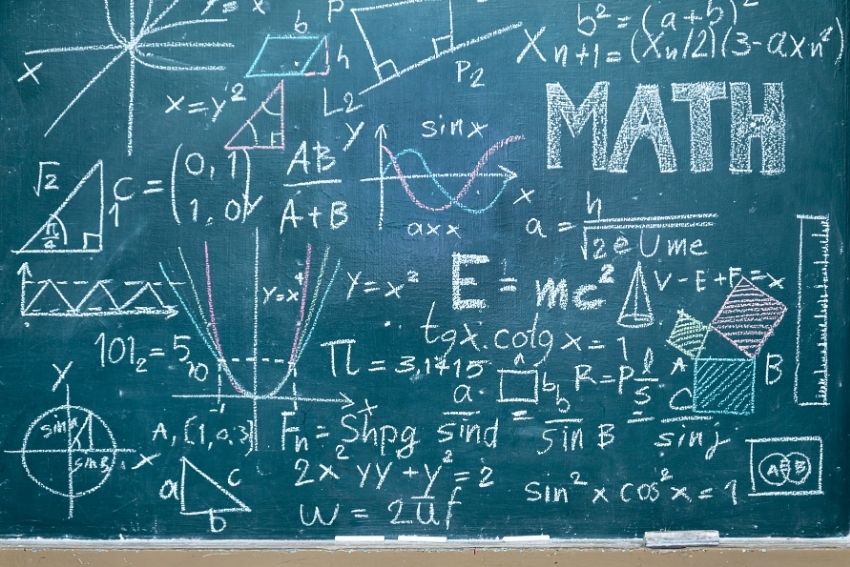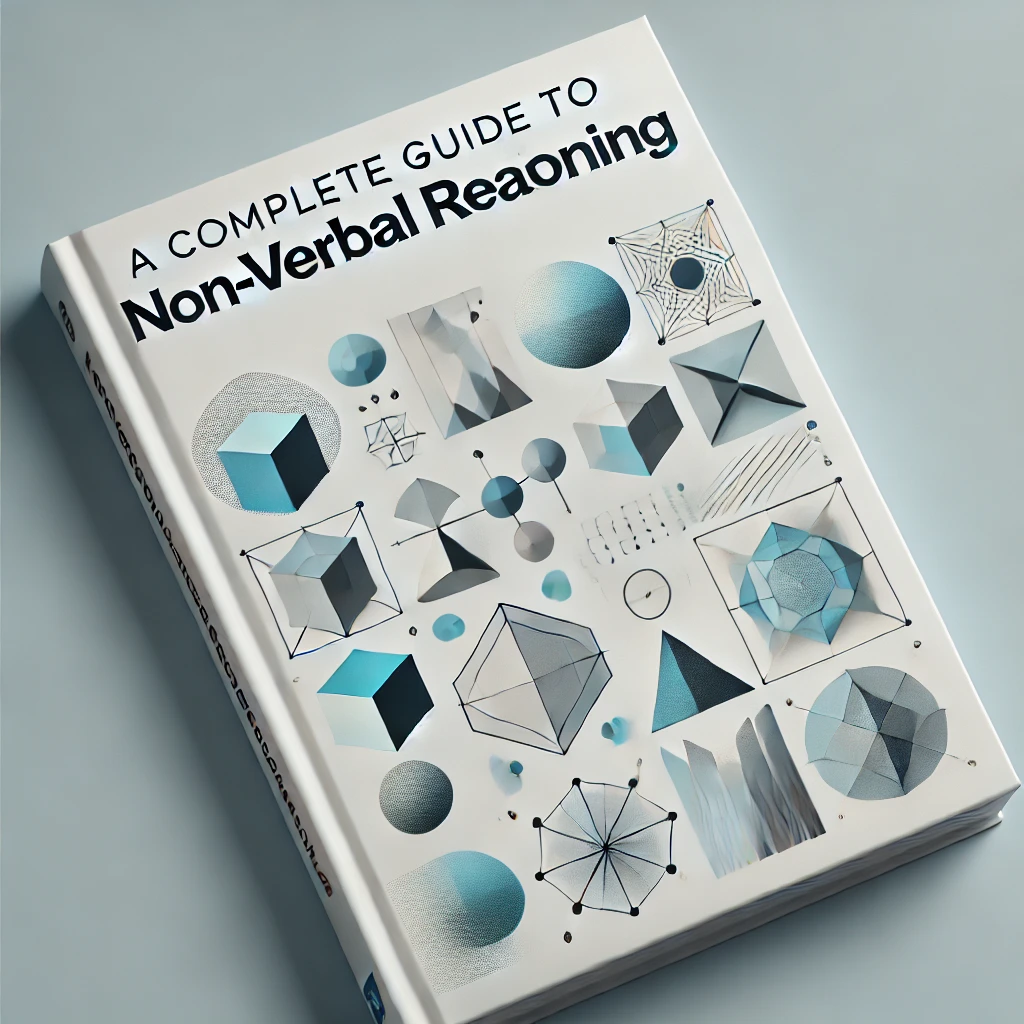A Level Maths revision is a central subject that lays the foundation for numerous academic and career paths. To excel, it’s essential to adopt effective revision strategies and understand the core components of the curriculum. Whether you’re revising A Level Maths or preparing for A Level Further Maths, having the right revision notes for A Level Maths is key. In this guide, we’ll explore practical tips and methods to help you prepare effectively for your exams, making sure you’re confident in tackling all the topics.

Understanding A Level Maths and Further Maths
A Level Maths covers a wide range of topics, including Pure Mathematics, Mechanics, and Statistics. Each of these areas brings its own challenges, but knowing the key A Level Maths topics helps you focus on the right areas. If you’re aiming for a deeper understanding, A Level Further Maths provides additional modules like Further Pure Mathematics and Further Mechanics. These extra topics can be a step up in difficulty, especially if you’re dealing with the hardest topics for mathematics, so it’s important to plan your revision accordingly. With the right maths revision strategy, you can tackle both A Level Maths and Further Maths confidently.
Core A Level Maths Topics
The A Level Maths curriculum is divided into several key areas that form the foundation of the subject.
- Pure Mathematics: This area focuses on core concepts like algebra, calculus, and trigonometry. Mastering these topics is essential for solving complex problems.
- Mechanics: Mechanics involves understanding the principles of motion and forces. It applies to real-world problems, such as the movement of objects under various conditions.
- Statistics: This area covers data analysis, probability, and statistical distributions. It’s crucial for interpreting data and making informed decisions in many fields.
Having a comprehensive understanding of these A Level Maths topics is essential for doing well in your exams and applying these concepts effectively in various real-world situations.
Effective A Level Maths Revision Strategies
To optimize your A Level Maths revision, it’s important to use effective strategies that will help you grasp key concepts and improve your performance. Here are a few strategies to keep in mind:
Utilize A Level Maths Revision Notes: Condensed revision notes are a great tool for reinforcing key concepts and formulas. These notes serve as quick reference guides and help you review material efficiently. By summarizing complex topics into bite-sized pieces, you can more easily absorb the information and recall it during the exam.
Practice with A Level Maths Revision Questions: Regularly solving a variety of problems is essential for building problem-solving skills. A mix of different question types helps you apply the concepts in different contexts, reinforcing your understanding. Use A Level formula sheet; don’t just stick to past papers, work on practice questions from different areas of the syllabus to ensure comprehensive preparation.
Work through A Level Maths Past Papers: Past papers are one of the most useful tools for exam preparation. They help you become familiar with the exam format and the types of questions you might encounter. By working through past papers, you can also identify areas where you need to improve. It’s a great way to get comfortable with time management and refine your exam technique.

Tackling the Hardest A Level Maths Topics
Certain A Level Maths topics are often perceived as more challenging, but with the right approach, they can become manageable. Here are some of the hardest areas:
Complex Numbers: This topic involves understanding imaginary numbers and their application in equations. It can seem tricky at first, but consistent practice can help make the concept clearer.
Differential Equations: These equations describe how things change over time and can be challenging for students. However, breaking them down into smaller steps and practicing them through A Level Maths revision questions can significantly improve understanding.
Integration Techniques: Mastering integration techniques, such as substitution and integration by parts, is key to solving more complex problems. Take your time to understand the rules and apply them to various problems to build proficiency.
Approaching these topics with focused practice and seeking clarification when needed will help you build confidence. Using A Level Maths revision resources, including A Level Further Maths materials, can also provide additional support to conquer these challenging areas.
Incorporating A Level Further Maths into Your Revision
For students taking A Level Further Maths, it’s essential to adapt your study approach to include the additional material. Here’s how to tackle it effectively:
Understand the A Level Maths syllabus: A Level Maths includes core topics like Pure Mathematics, Mechanics, and Statistics. A Level Further Maths adds extra content, such as Further Pure Mathematics and Further Mechanics. Familiarising yourself with both A Level Maths and Further Maths topics early will help you stay on track and avoid feeling overwhelmed later. Knowing what’s required allows for more effective revision planning.
Allocate Study Time Wisely: Balancing A Level Maths and Further Maths content is crucial. Make sure to schedule enough time for both, ensuring you don’t neglect core A Level Maths topics while diving into the extra material. Creating a detailed study plan will help you stay on track.
Incorporating these strategies will make your A Level Further Maths revision more manageable and ensure you’re well-prepared for all aspects of the course.
Conclusion
A Level Maths revision requires dedication and a strategic approach. By familiarising yourself with the curriculum structure and focusing on essential topics like Pure Mathematics, Mechanics, and Statistics, you’ll build a strong foundation for your exams. Make use of A Level Maths revision questions and past papers to assess your progress, and don’t forget to incorporate helpful revision notes for quick referencing. Remember, consistent practice and seeking support when needed are key to succeeding in A Level Mathematics.
If you’re finding certain topics challenging, consider extra help from online A Level Maths tutors to guide you through difficult concepts and improve your performance.
Ready to excel in your A Level Maths exams? Start your revision journey today with expert support from the best A Level Maths tutors!
FAQs:
What is A Level Maths?
A Level Maths is a two-year course that focuses on pure mathematics, mechanics, and statistics. It builds advanced mathematical knowledge, which is crucial for fields like engineering, physics, and economics.
What topics are in A Level Maths?
A Level Maths includes key topics like algebra, calculus, trigonometry, statistics, and mechanics. You’ll study both abstract mathematical theory and its practical applications, such as in real-world problem-solving.
Is Calculus in A Level?
Yes, calculus is a major part of the A Level Maths curriculum. You’ll cover differentiation and integration techniques, which are fundamental in solving many problems in both pure mathematics and applied fields like physics and engineering.
Is A Level Maths harder than Physics?
A Level Maths and Physics are both challenging, but the difficulty can depend on your strengths. If you excel at abstract reasoning and problem-solving, you might find A-Level Maths more manageable. Physics, on the other hand, integrates mathematical concepts with real-world applications.
Does A Level Maths have Geometry?
Yes, geometry is part of the A-Level Maths course, particularly under the “Pure Mathematics” section. You’ll study topics like vectors, coordinate geometry, and the properties of shapes in 2D and 3D spaces.








